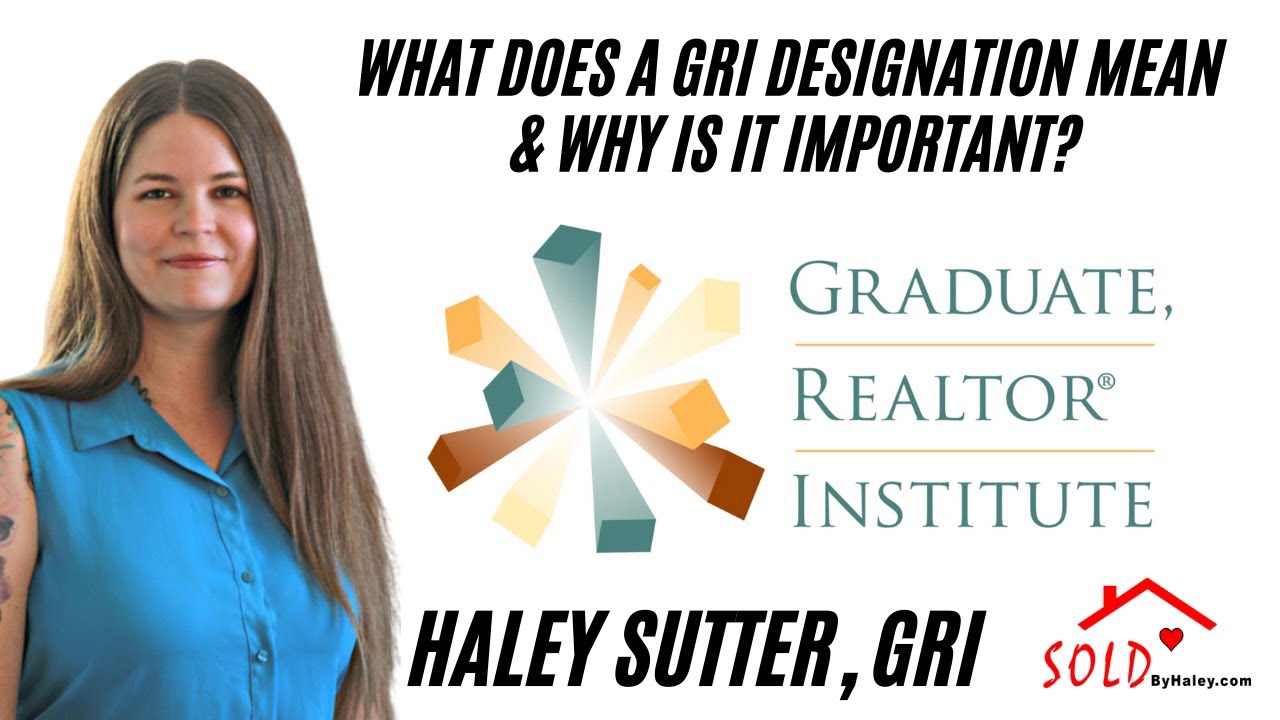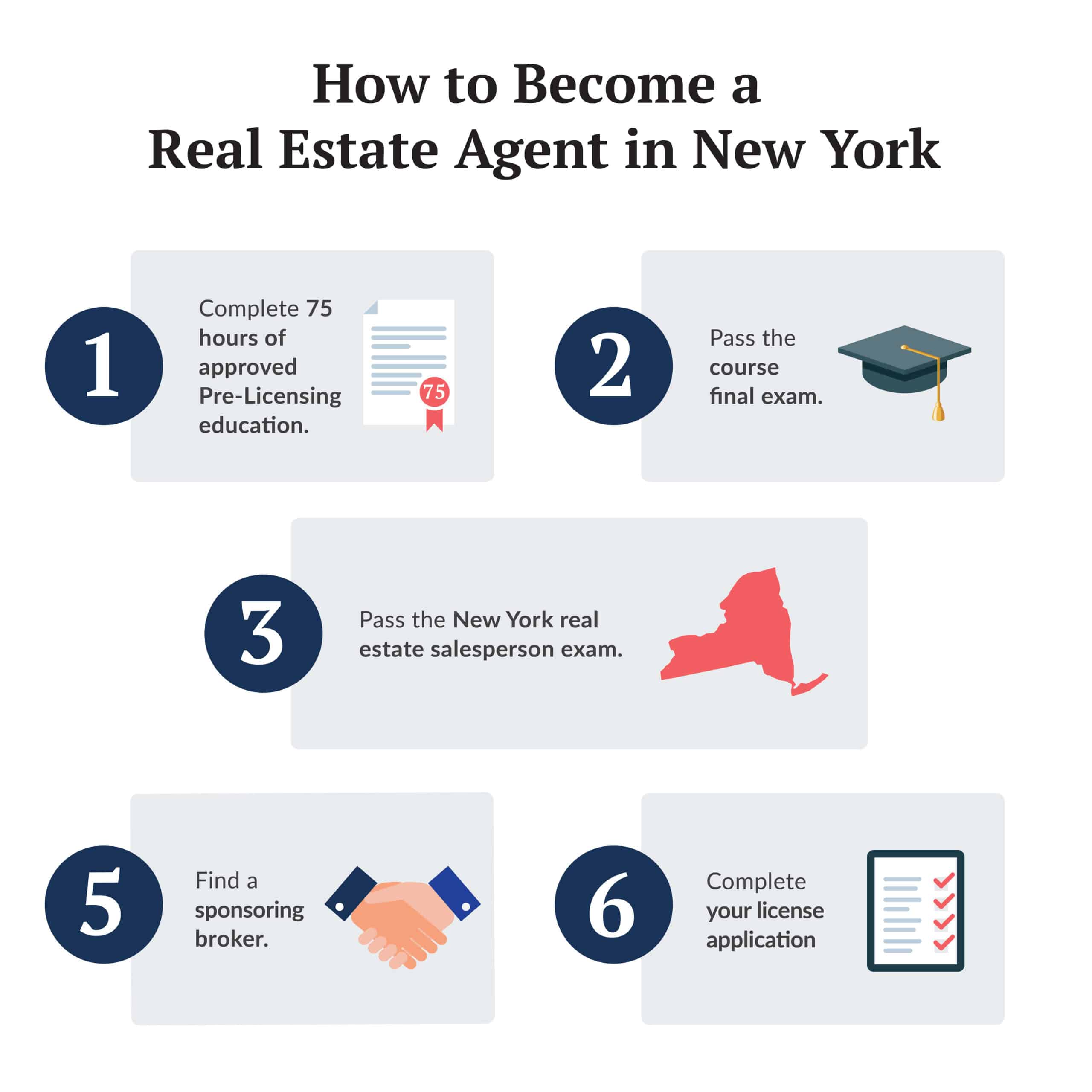
Multi-family mortgage loans are available. There are many things you need to take into consideration. These factors include the downpayment, interest rate, as well as other financing options. This article will provide information on the down payment and rates for these types loans. After you have the information you need, you can make an informed decision about which mortgage loan is best for you.
Multifamily mortgage loan rates
There are many factors that affect the interest rate for a multi-family mortgage loan. These loans generally have higher reserves requirements than conventional loans. Because multifamily loans carry a higher risk, this is why they have higher reserve requirements. This is why buyers should seek out a multifamily lender.
A traditional FHA mortgage program permits borrowers to purchase multifamily properties that have up to four units. Its low down payment and lower interest rate are some of its benefits. Other benefits include lower DTI, less stringent requirements, and lower DTI.

Requirements to make a down payment
The down payment requirements for multifamily mortgage loans are different depending on what type of property. For example, a three-unit multifamily property may require a 20% down payment, while a two-unit multifamily property might only require a 5% down payment. There are also different guidelines from different banks regarding the amount of down payment required to purchase multifamily property.
Although the down payment for multi-family properties requires a higher down payment than single-family houses, you can still get approved with low down payments. Some programs require only 5% down and others may accept as little as zero down. Some programs allow you to borrow the downpayment of a parent or relative in order to finance a portion your mortgage.
Prerequisites for interest rate
A multi-family mortgage loan is available to those who meet certain requirements. Pre-qualification requires you to review your income and credit scores. Most lenders require a score of at least 620 to process a loan.
Other financing options
Alternative financing can present some difficulties. Alternative financing presents some challenges. There is limited documentation, insufficient data on alternative financing's effectiveness, and wide variation among states in the types available. Lack of research may hinder policymakers' ability to evaluate the risks and benefits of alternative funding.

Alternative financing options for multifamily mortgage loan requirements include private equity, debt funds, and online marketplaces. Private equity funds are used often to finance commercial real property deals. These funds pool the capital of many investors and provide debt or equity financing to borrowers. This type of financing is not right for every situation and requires thorough research.
FAQ
How many times may I refinance my home mortgage?
It all depends on whether your mortgage broker or another lender is involved in the refinance. You can refinance in either of these cases once every five-year.
How much money can I get to buy my house?
The number of days your home has been on market and its condition can have an impact on how much it sells. According to Zillow.com, the average home selling price in the US is $203,000 This
How long does it usually take to get your mortgage approved?
It is dependent on many factors, such as your credit score and income level. Generally speaking, it takes around 30 days to get a mortgage approved.
Should I use a broker to help me with my mortgage?
A mortgage broker can help you find a rate that is competitive if it is important to you. Brokers work with multiple lenders and negotiate deals on your behalf. Brokers may receive commissions from lenders. Before you sign up for a broker, make sure to check all fees.
Is it cheaper to rent than to buy?
Renting is typically cheaper than buying your home. However, you should understand that rent is more affordable than buying a house. The benefits of buying a house are not only obvious but also numerous. For instance, you will have more control over your living situation.
Statistics
- 10 years ago, homeownership was nearly 70%. (fortunebuilders.com)
- This means that all of your housing-related expenses each month do not exceed 43% of your monthly income. (fortunebuilders.com)
- Private mortgage insurance may be required for conventional loans when the borrower puts less than 20% down.4 FHA loans are mortgage loans issued by private lenders and backed by the federal government. (investopedia.com)
- This seems to be a more popular trend as the U.S. Census Bureau reports the homeownership rate was around 65% last year. (fortunebuilders.com)
- It's possible to get approved for an FHA loan with a credit score as low as 580 and a down payment of 3.5% or a credit score as low as 500 and a 10% down payment.5 Specialty mortgage loans are loans that don't fit into the conventional or FHA loan categories. (investopedia.com)
External Links
How To
How to Manage a Rent Property
Renting your home can be a great way to make extra money, but there's a lot to think about before you start. We'll help you understand what to look for when renting out your home.
Here are some things you should know if you're thinking of renting your house.
-
What factors should I first consider? Before you decide if you want to rent out your house, take a look at your finances. If you are in debt, such as mortgage or credit card payments, it may be difficult to pay another person to live in your home while on vacation. Your budget should be reviewed - you may not have enough money to cover your monthly expenses like rent, utilities, insurance, and so on. It might not be worth the effort.
-
How much does it cost to rent my home? There are many factors that influence the price you might charge for renting out your home. These include things like location, size, features, condition, and even the season. You should remember that prices are subject to change depending on where they live. Therefore, you won't get the same rate for every place. Rightmove estimates that the market average for renting a 1-bedroom flat in London costs around PS1,400 per monthly. This would translate into a total of PS2,800 per calendar year if you rented your entire home. That's not bad, but if you only wanted to let part of your home, you could probably earn significantly less.
-
Is it worthwhile? You should always take risks when doing something new. But, if it increases your income, why not try it? Make sure that you fully understand the terms of any contract before you sign it. Your home will be your own private sanctuary. However, renting your home means you won't have to spend as much time with your family. Make sure you've thought through these issues carefully before signing up!
-
Are there any advantages? So now that you know how much it costs to rent out your home and you're confident that it's worth it, you'll need to think about the advantages. There are plenty of reasons to rent out your home: you could use the money to pay off debt, invest in a holiday, save for a rainy day, or simply enjoy having a break from your everyday life. No matter what your choice, renting is likely to be more rewarding than working every single day. You could make renting a part-time job if you plan ahead.
-
How can I find tenants Once you've decided that you want to rent out, you'll need to advertise your property properly. Listing your property online through websites like Rightmove or Zoopla is a good place to start. Once you receive contact from potential tenants, it's time to set up an interview. This will enable you to evaluate their suitability and verify that they are financially stable enough for you to rent your home.
-
What are the best ways to ensure that I am protected? If you don't want to leave your home empty, make sure that you have insurance against fire, theft and damage. You'll need to insure your home, which you can do either through your landlord or directly with an insurer. Your landlord will usually require you to add them as additional insured, which means they'll cover damages caused to your property when you're present. This does not apply if you are living overseas or if your landlord hasn't been registered with UK insurers. In these cases, you'll need an international insurer to register.
-
You might feel like you can't afford to spend all day looking for tenants, especially if you work outside the home. It's important to advertise your property with the best possible attitude. A professional-looking website is essential. You can also post ads online in local newspapers or magazines. You'll also need to prepare a thorough application form and provide references. Some people prefer to do everything themselves while others hire agents who will take care of all the details. In either case, be prepared to answer any questions that may arise during interviews.
-
What should I do once I've found my tenant? If you have a lease in place, you'll need to inform your tenant of changes, such as moving dates. If you don't have a lease, you can negotiate length of stay, deposit, or other details. You should remember that although you may be paid after the tenancy ends, you still need money for utilities.
-
How do I collect rent? When the time comes for you to collect the rent you need to make sure that your tenant has been paying their rent. You'll need remind them about their obligations if they have not. You can deduct any outstanding payments from future rents before sending them a final bill. You can call the police if you are having trouble getting hold of your tenant. The police won't ordinarily evict unless there's been breach of contract. If necessary, they may issue a warrant.
-
How do I avoid problems? It can be very lucrative to rent out your home, but it is important to protect yourself. Make sure you have carbon monoxide detectors installed and security cameras installed. Make sure your neighbors have given you permission to leave your property unlocked overnight and that you have enough insurance. Do not let strangers in your home, even though they may be moving in next to you.